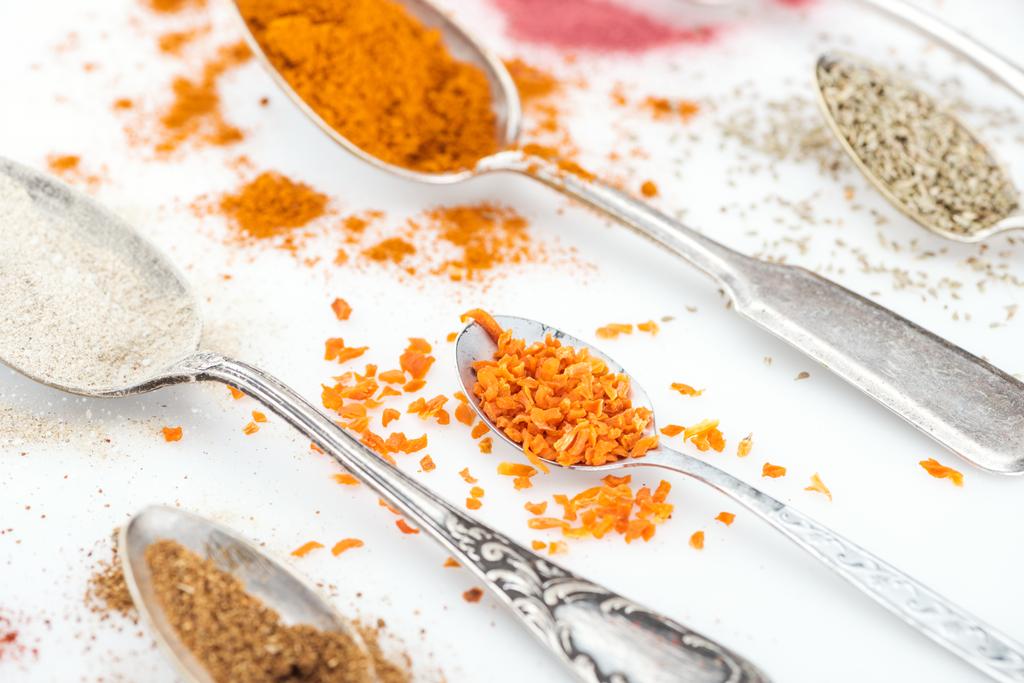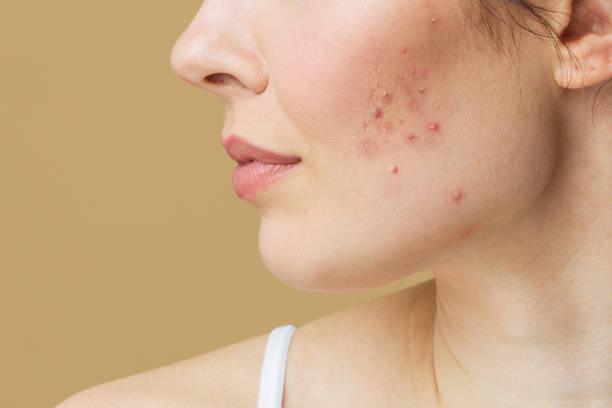Chronic diseases and poor nutrition often go hand in hand: We’ll tell you seven foods that you can use to protect yourself from chronic inflammatory diseases. These treats are natural anti-inflammatory.
Anti-Inflammatory Foods: How to Heal Chronic Inflammation Naturally
Some lifestyles are particularly conducive to such inflammatory diseases: those who exercise little, smoke, drink alcohol frequently, are under a lot of stress or eat unhealthily are at increased risk.
The positive: You have an influence on these factors and can help your health on your own. Among other things, you can change your diet so that inflammatory diseases no longer stand a chance. The consumption of fruit and vegetables is particularly good for this.
Anti-inflammatory #1: Leek and onion greens
Leek and onion vegetables have long been considered healing foods: Hildegard von Bingen used onion vegetables in medieval times because of their healing powers.
Anti-Inflammatory #2: Paprika
Bell peppers are an absolute health vegetable and are ideal for preventing and fighting inflammation. The extremely high vitamin C content of the pod plant is particularly important.
Anti-Inflammatory #3: Berries
All kinds of delicious berries are perfect for preventing chronic inflammatory diseases. Frozen berries are the ideal interim solution until the little fruits start growing again on the shrubs, bushes and trees.
Anti-Inflammatory #4: Citrus fruits
Another important diet tip: Consume citrus fruits regularly. As part of a balanced diet, these are able to counteract chronic inflammation.
Anti-Inflammatory #5: Broccoli
Also, the fact that broccoli is very healthy will not be new to you. If you want to prevent chronic inflammation in your body, you should definitely eat the green vegetables regularly.
Anti-Inflammatories #6: Foods that contain omega-3 fatty acids
Foods that contain large amounts of healthy omega-3 fatty acids include, for example, nuts, avocados and cold-pressed linseed oil: linseed oil has by far the best ratio of important omega-3 fatty acids and therefore has a strong anti-inflammatory effect.
Anti-Inflammatory #7: Healthy Spices
Spices are also good for counteracting chronic inflammation. This includes, for example, cinnamon, which contains high concentrations of phytochemicals that can prevent inflammation.
Turmeric is said to serve as a real secret weapon against inflammation. The curcumin contained in it specifically declares war on inflammation and effectively contributes to a healthy well-being. Black pepper is also a real health tip, as the piperine it contains has an anti-inflammatory effect and is particularly beneficial for digestion.
The capsaicin contained in chili brings tears to our eyes, but it also works well against inflammation in the body. Even with pain, circulatory disorders and tension, remedies with chili are a real recommendation. Also good for preventing chronic inflammation: nutmeg. This acts as an inhibitor of nitrogen synthesis in the body, which in turn reduces inflammation.
Bottom Line: These 7 Anti-Inflammatory Foods Keep You Healthy
The right diet is more than half the battle in protecting the body from chronic inflammation. By eating a lot of food – above all fruit, vegetables and berries – you can actively protect yourself from suffering from diseases such as rheumatism, type 2 diabetes or arteriosclerosis.
While these foods aren’t a 100% guarantee that you won’t develop chronic disease, they’re a big step in the right direction. Of course, a healthy diet goes hand in hand with a healthy amount of physical activity. Here, too, it is important to listen to your body and to develop your own body awareness.
Smoking, excessive alcohol consumption and other harmful activities are of course taboo – if you want to enjoy good health for as long as possible.







